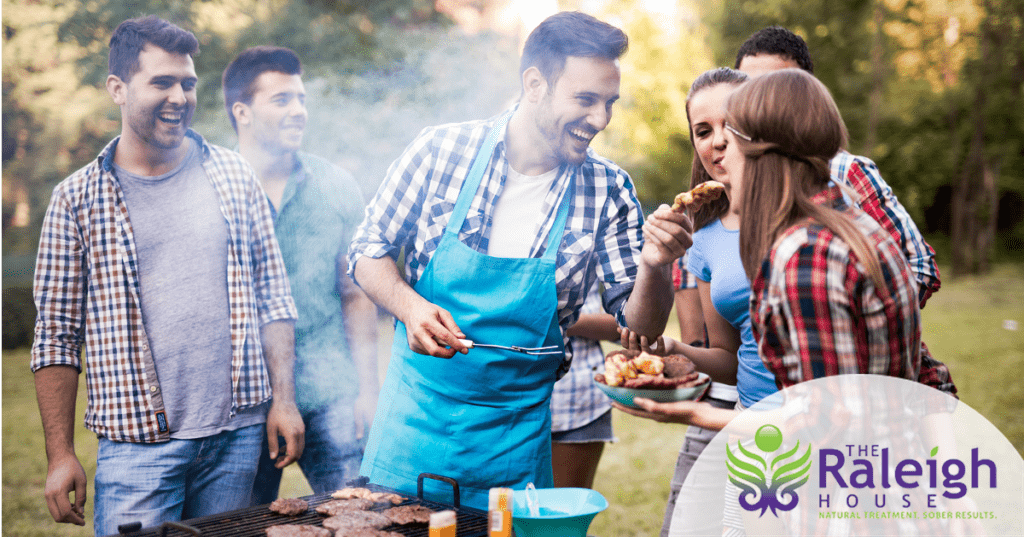
More than 38 million Americans—roughly one in six—binge drink, according to the Centers for Disease Control and Prevention.
For men, that means having more than five drinks in a short period of time. For women, that means four drinks. If you do that roughly four times a month, you’ve earned the label of “binge drinker.”
Which leads to the next question: Why is binge drinking bad?
First of all, there are many bad things that can happen when you drink heavily, including alcohol poisoning, unsafe sex, accidental injuries and violent behavior.
And we all know that excessive alcohol consumption can damage your health and also increase your risk of becoming addicted to alcohol.
But aside from all those issues—and they’re big ones—what are the dangers of binge drinking? Here are a few of the health risks that have been associated with this kind of drinking:
- Binge drinking can decrease bone mass and strength, increasing the risk of osteoporosis.
- Binge drinking is bad for your heart. One European study found that men who binge drink have nearly twice the risk of heart attack and heart disease over men whose alcohol consumption is spread more evenly over the week.
- Binge drinking can raise your risk of certain cancers, including esophagus, liver, throat and breast.
- Binge drinking can damage the brain, especially in younger people.
- Even one episode of binge drinking can deposit extra fat in the liver, which is the first stage of alcohol-related liver damage.
How to Stop Binge Drinking
By reading this information and educating yourself, you’ve already taken the first step toward reducing or eliminating binge drinking.
Many social events include alcohol and you don’t necessarily need to avoid them, but there are a few strategies you can employ to “party” in a safer, healthier, more responsible way.
First of all, if you know a particular gathering is likely to revolve around alcohol, you might consider avoiding it. Let’s phrase that more directly: If you’re invited to a party where you know everyone is going to get wasted, you should probably skip it.
Secondly, make a point of consuming alcohol more slowly. Don’t drink more than one alcoholic beverage per hour and drink plenty of water.
Assuming that your drinking is under control and you’re acting responsibly, it’s not the worst thing to overdo it once in a while. But if binge drinking occurs on a regular basis, you’re putting your health at risk, even if you’re not physically dependent on alcohol.
About The Raleigh House
Alcohol addiction occurs when you have lost control of your drinking. At that point, it’s no longer a choice. It’s a disease. At The Raleigh House, located in Denver, we embrace a whole-person approach to healing that addresses physical, mental and emotional health. Interesting in learning more? Fill out our form or call today to learn more about our alcohol treatment program.




